What to do when you hate your job and you can’t quit? What to do when you hate your job but need the money?
If you hate your job and want to leave it, one of the most obvious solutions would be to quit.
However, quitting isn’t always an option and if you can’t leave your job for various reasons, including the financial aspect of it, there are things you can do to cope better with your situation and make the most out of it.
Before we go into the detailed steps you should take to cope with having a job you despise, let’s take a closer look at how working at a job you hate is affecting your mental health and the main reasons why you should do something about it.
Should you stay, or should you quit? Let’s discuss.


THIS POST MAY CONTAIN AFFILIATE LINKS.
IF YOU MAKE A PURCHASE FROM THESE LINKS, I MAY EARN A SMALL COMMISSION.
CLICK HERE FOR MY FULL DISCLAIMER STATEMENT.
Psychological Effects of Hating Your Job
The effects of going to a dreadful job every day take a toll on your physical and much more commonly on your mental health. Doing a job you hate can have serious consequences to your health, including:
- Stress Eating and Weight Gain. Doing a job you hate can cause you to gain weight due to stress or a lack of energy and motivation to exercise.
- Depression and Anxiety. Staying at a job you hate can affect your mental health in multiple ways. The stress you’re facing at work all day long can lead to depression and anxiety. One study goes as far as to say that it might be better for your health if you were to stay unemployed than to stay at a job you hate.
- Insomnia and Nightmares. Going to a job you hate can cause you to feel stress that can disrupt your sleep, cause you to have nightmares, or even sleepwalk if you’re prone to it.
- Lower Self-esteem and Confidence. Staying at a job you despise can break your soul, which can lead to lowered confidence and self-worth.
👉🏽 RELATED POST: 10 Financial Things to Consider Before Quitting

What to Do When You Hate Your Job and Coworkers
There are several steps you can take to make your experience at a job you hate tolerable, or enjoyable even.
If you’re wondering what to do when you hate your job but need the money and therefore plan on working there at least for a while, we’ve got you covered.
#1. View it as an Education in Leadership
Working at a job you hate, with coworkers, or with a boss you dislike can sometimes be one of the best educational opportunities ever.
What makes the whole difference is your mindset. If you’re able to shift your mindset from feeling awful every morning before you go to work to view the experience as an opportunity to learn all about leadership so you can be the leader you wish you had, you’ll start feeling better about your situation soon enough.
Instead of taking your boss’s remarks or criticism too personally, you can view them as your education on how not to lead so you can be a better leader and motivator and get to use those skills someday.
Changing your mindset is a huge part of getting some joy out of a difficult job.
👉🏽 RELATED POST: 12 Ways to Improve Your Skills At Work
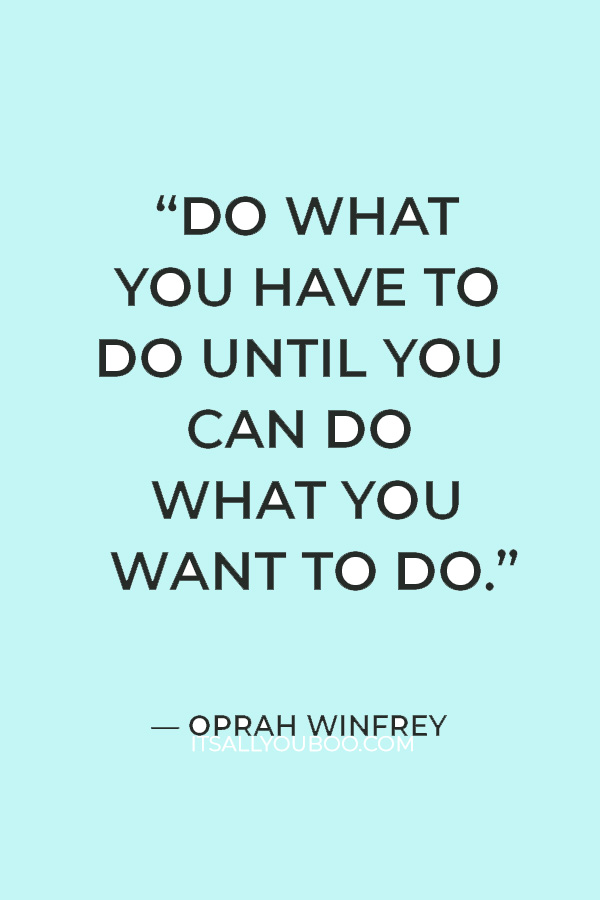
#2. Build a Good Relationship with Your Colleagues
While you may hate your job, your boss, or even some of your coworkers, you can almost always find teammates that share your views and opinions. You can take care of each other and show up for your team so you can make the job more tolerable, even enjoyable.
Having a team of like-minded individuals that have your back and give you all the support you need can turn a gruesome job into a more pleasant experience.
So, if you’re wondering what to do when you hate your job, turn to your colleagues for support first, as it’s always best to talk to someone who’s in the same boat as you and going through everything you’re going through on a daily basis.
#3. Find Someone to Serve
This one directly correlates to the previous step and is a great tool to help you keep a positive outlook at work and find ways to enjoy it.
There are a lot of psychological reasons why this method works. When you look outside of yourself and find someone that needs your help or guidance this changes how you’re experiencing everything around you. In this case, it can improve your experience at work and give you a reason to start enjoying it instead of dreading it.
So, look around you and find someone that needs your help, assistance, or guidance. This could be a co-worker, a client, or a customer and as your mind starts to look for ways to help that person and improve their experience, your own problems and stresses at work start to shrink.
👉🏽 RELATED POST: Steps to Being Your Own Boss
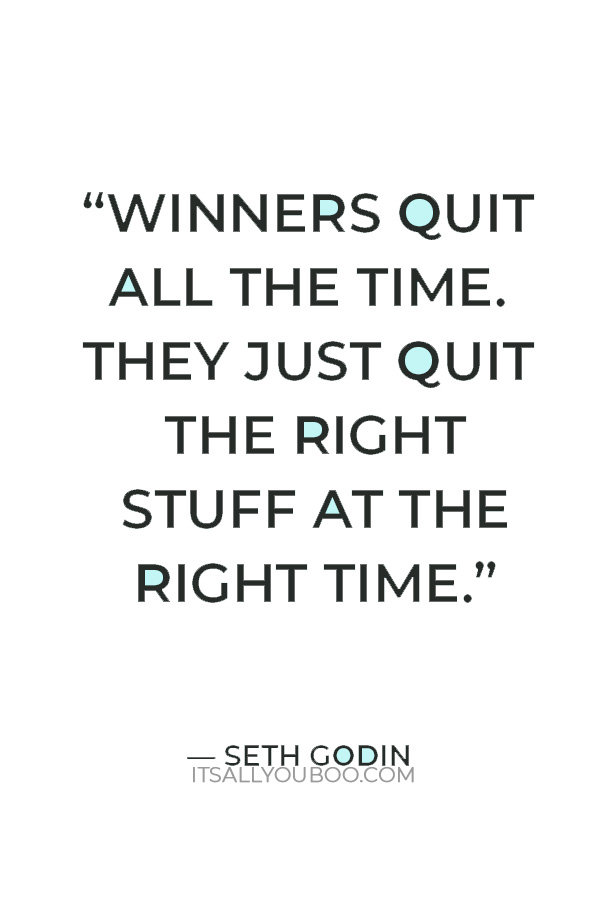
#4. Look at the Situation from a Position of Gratitude
You have a job. It’s a job you hate, but it’s still a job. Doing a job you hate for money is not ideal, but it still means something and it’s something you should look at from a position of gratitude.
This shift in view can help you stay positive about your situation so even though your job might be causing you huge amounts of stress you can use gratitude as the fuel that will allow you to do the different things that are necessary for you to keep working, while also actively doing your best to get to a different, more fulfilling position.
Sometimes a job is just a job, and there’s nothing wrong with that. The paycheck is often an important factor that might keep you at a job you don’t like. Being grateful for the opportunity to provide for yourself and your family is a shift in mindset that needs to happen if you want to stay at a job you hate.
This will fuel you to make the best of the situation you’re in right now and even without changing your job or your surroundings you can get more joy out of your job and be able to stay positive about it.
👉🏽 RELATED POST: How To Get Your Dream Job
#5. Become an Intrigued Observer
Create some distance between yourself and everything you do and experience at work as if you were observing it from the sidelines.
This helps you depersonalize your situation so you don’t take things so close to heart. This approach helps you look at things from a different perspective and it may even make the dull job that you dread going to every day, enjoyable.
By taking this approach, you take a look around at your workspace and start to observe all the crazy or annoying things that are going on you might start finding them pretty amusing. This way you will shift your mindset and start to look at things differently. Next thing you know, situations and people you found irritating or annoying, may become a source of entertainment for you, so you can maintain your positive attitude even though you’re working at a job you hate.
Becoming an observer at your own job puts you in a position where you can see things more clearly and objectively, which will shine a light on some of the things you can do to improve the situation you’re in.
👉🏽 RELATED POST: Quit Your Job Quotes
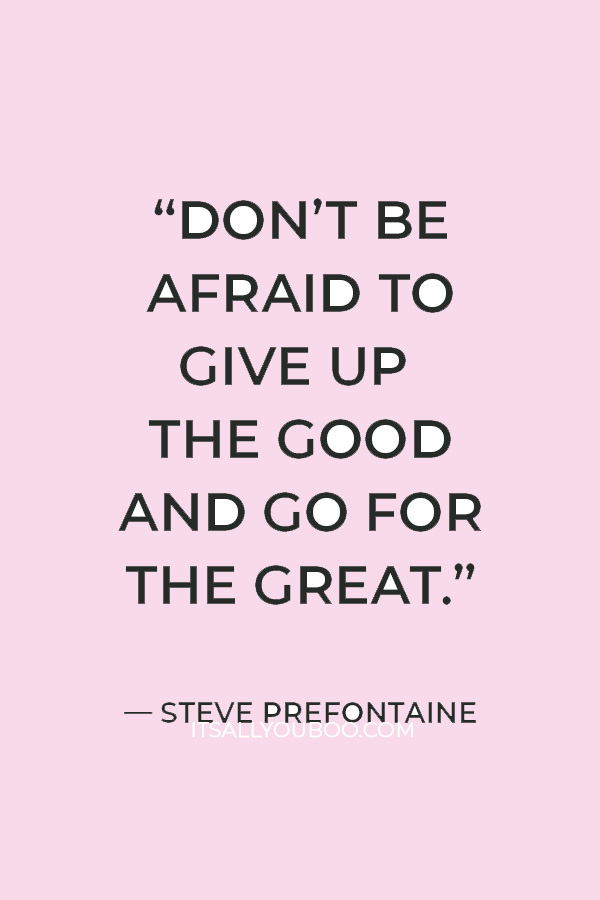
#6. Think of the Value You Provide
No matter what job you have or how important or trivial you think it may be, the truth is that every legitimate job in this world creates value for other people. If that weren’t true then there would be no reason for that position to exist.
Therefore, when you focus on the value-creation aspect of it all it changes your own enjoyment of the job.
Perspective matters and it can make the difference between hating and enjoying your job, so next time you feel upset or angry about your work, try to think of the value you’re creating instead of focusing on the toxic environment or horrible boss you might be working with.
When is it Time to Quit Your Job?
While as you can see there are a ton of steps you can take to make your time at a job you have more meaningful and enjoyable even, there comes the time when you absolutely have to leave your toxic workplace. But how do you decide if it’s the right time to do it?
If none of the solutions above do anything to fix the way you perceive your job and you remain deeply hating everything about it, then you should probably consider moving onto a different position and saying goodbye to your toxic environment.
The great thing about planning your exit is that you can do it while you still have the financial stability your current job offers. Take the time to review all your options, start applying for jobs you find interesting, get those interviews lined up, and consider other ways to make extra money on the side. Sooner or later, something will come up and you’ll be able to seize the chance and leave your dreadful job.
Keep your hopes up and continue applying and going on job interviews. While the process may be long and exhausting, in the end, it will all be worth it.
👉🏽 RELATED POST: Should I Follow My Dreams or Be Realistic?
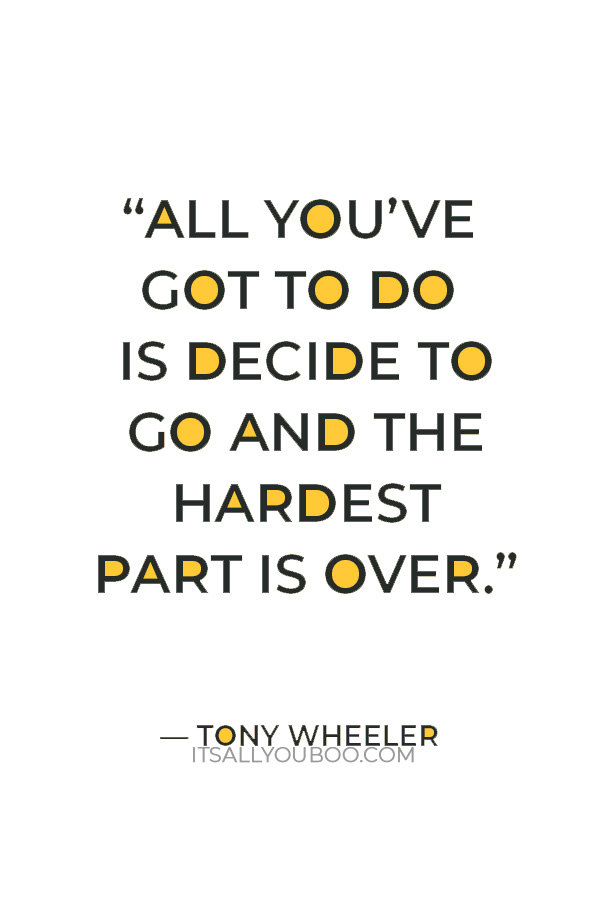
Top Questions About Hating Your Job
If you’re still left with some unanswered questions about the subject, let’s take a look at some of the most commonly searched questions and answer them here.
What to do when you hate your job and you can’t quit?
There could be a lot of reasons why you cannot quit a job you hate. In case you’re in this situation yourself, the first thing you need to do is self-reflect and figure out whether this is a pattern for you or if your job is actually really dreadful.
If the second one is correct, you need to make both a short-term and long-term plan on how you’ll approach the situation. Figure out what you want to do if you weren’t working there and work towards changing your current situation one step at a time.
What to do when you hate your job but need the money?
If you’re stuck at a job you hate, but you need the paycheck, you need to work towards making your job more enjoyable while you’re there, while also looking for other job opportunities in the meantime.
Refer to our tips above on ways to make the most out of your job, as no matter how much you might hate it, there are always ways to make it more pleasant or at least tolerable.
👉🏽 RELATED POST: How to Escape Your 9 to 5
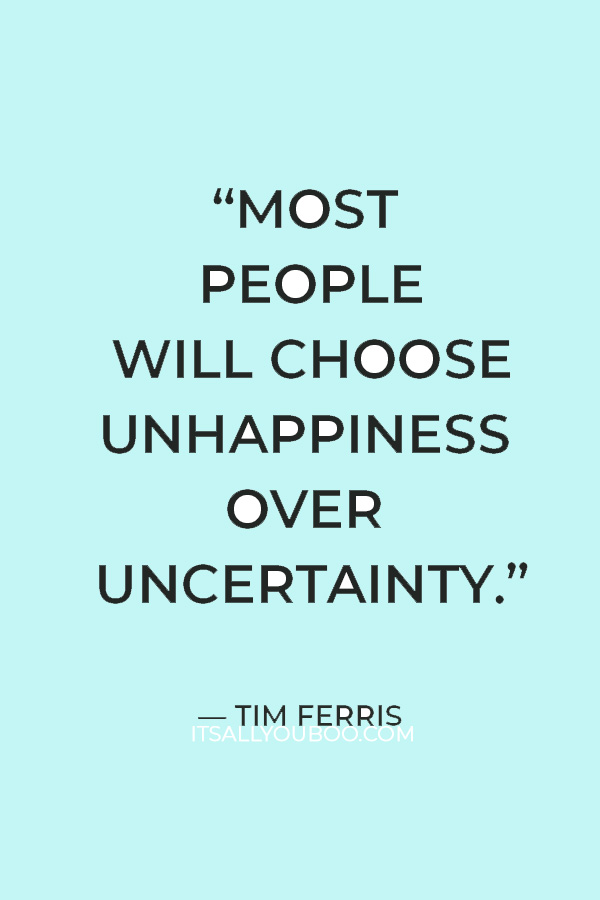
Is it normal to hate your career?
A lot of people hate at least some aspect of their work and have days where they don’t feel like doing what they’re doing. Hating your job, or even your career is a common human experience we all share.
What’s important is for you to figure out what it is that unravels you about your job and makes you angry and whether those things are temporary and don’t last long, or if they are an innate part of the job and therefore almost always present. In case the second one is correct, you might want to consider switching jobs, for the sake of your wellbeing.
Should I stay in a job I hate for the money?
Staying in a job you hate for the security of the paycheck is not uncommon and it isn’t something you should feel bad about. If the financial aspect of your job is what’s keeping you tied down to a position you despise, use the time while you’re working there and receive a paycheck to look for something better and more fulfilling.
👉🏽 RELATED POST: Can I afford to quit my job?
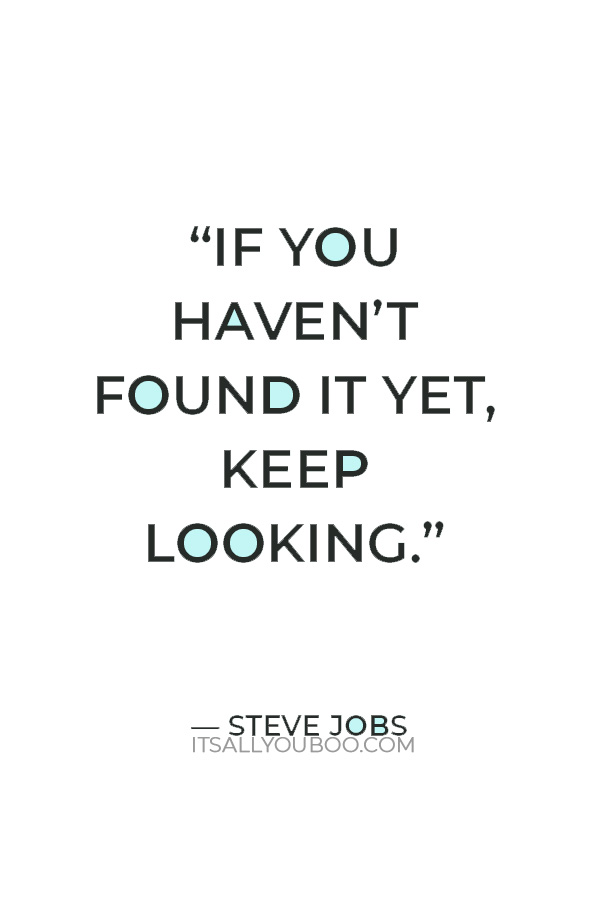
To Quit or To Stay At A Job You Hate
If you’re feeling uninspired, underappreciated, and bored of your job, or if you hate your job so much that you fantasize about quitting on a daily basis take some time to consider all the pros and cons of your position, take everything into consideration, and decide what it is you want your next steps to be.
You don’t need to pressure yourself into taking action right away, and you don’t have to take drastic measures either. If you decide you want to quit, give yourself the time to look for something else while you still have the financial safety your current job provides you.
Get Your Quit the 9 to 5 Budget Spreadsheet
Want to know financially if you’re ready to quit your job? Get the Simple Budget Spreadsheet, compatible with Google Docs and Microsoft Excel. Create your budget, track expenses, and let’s calculate your exit strategy.
If, on the other hand, you decide to stay, check out our tips above on what you can do to make your experience at a job you hate a more enjoyable one.

What do you do when you hate your job?

More About Guest Contributor
Andrea De La Flor is a blogger, entrepreneur, and digital marketer. She has worked for global ad agencies and won creativity awards in the Cannes Lions and One Show festivals. After more than 10 years of working in the advertising industry, she now educates aspiring entrepreneurs on how to start a successful Online Business on her blog Affiliates Mind.
Last Updated on February 25, 2025
